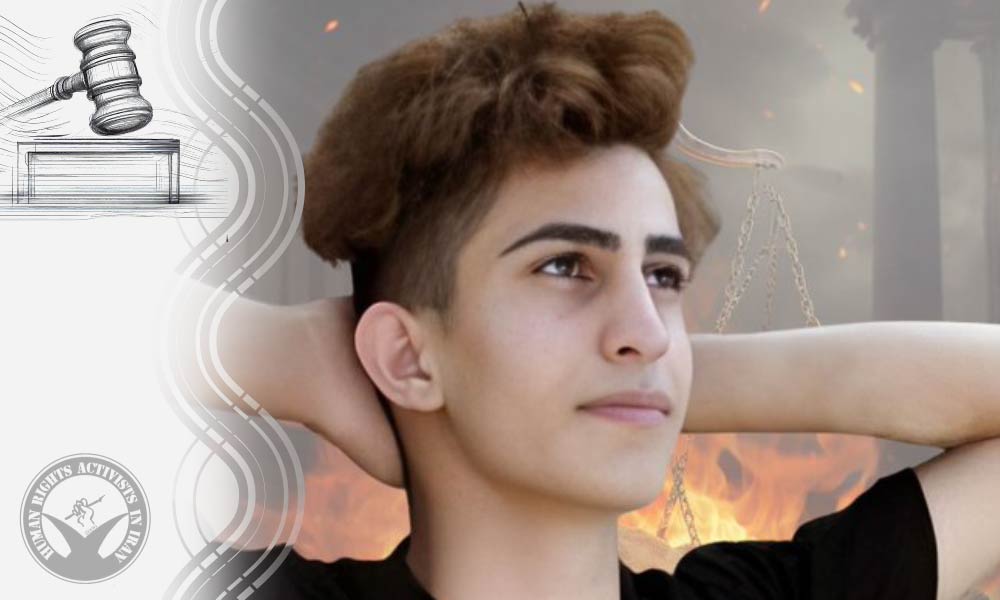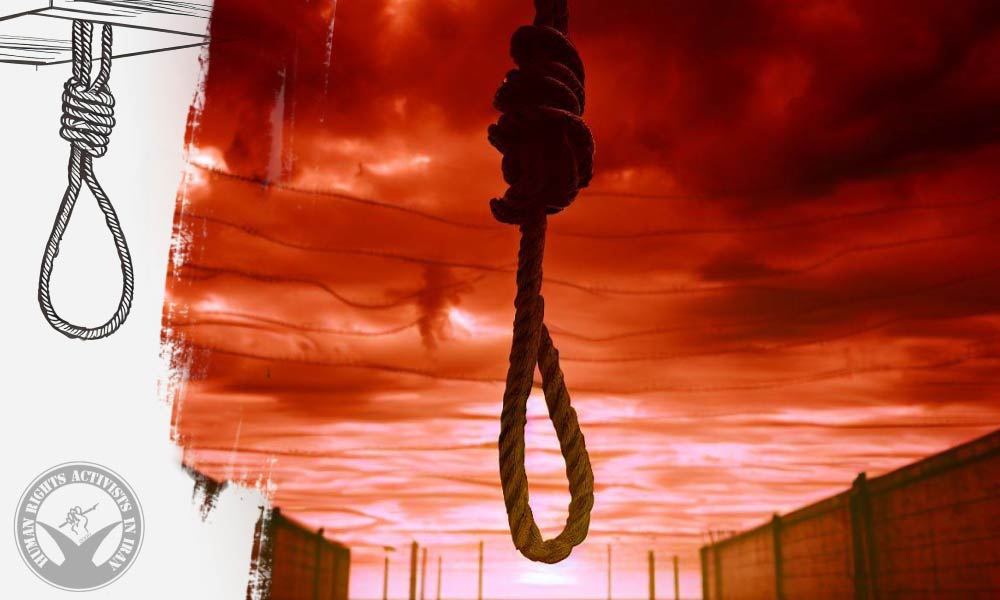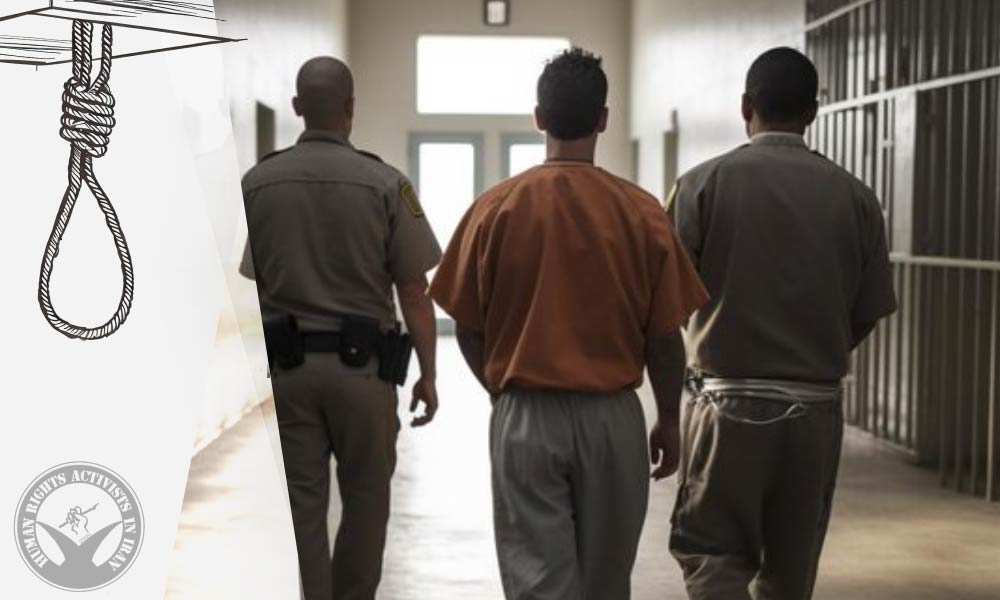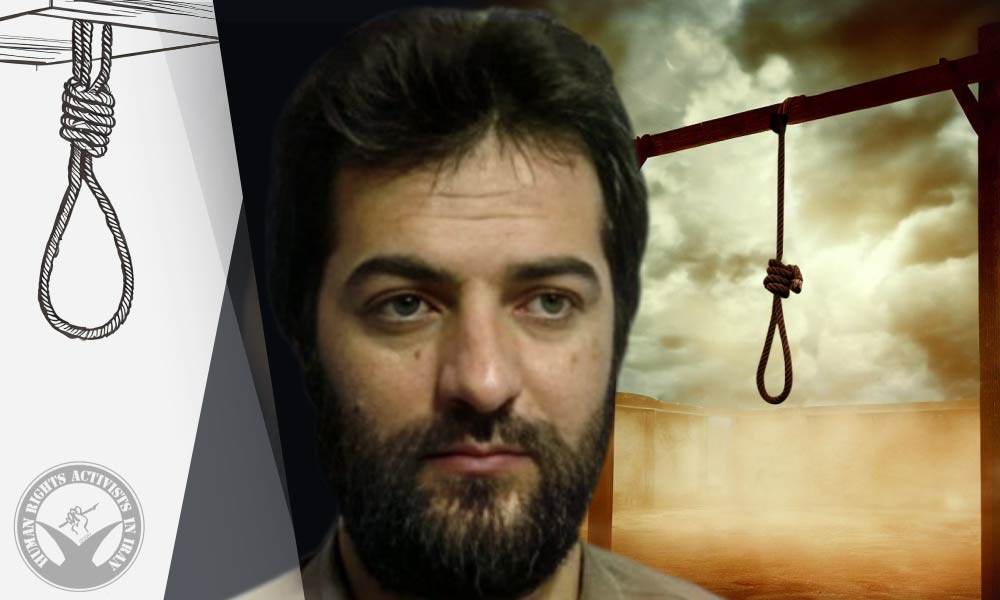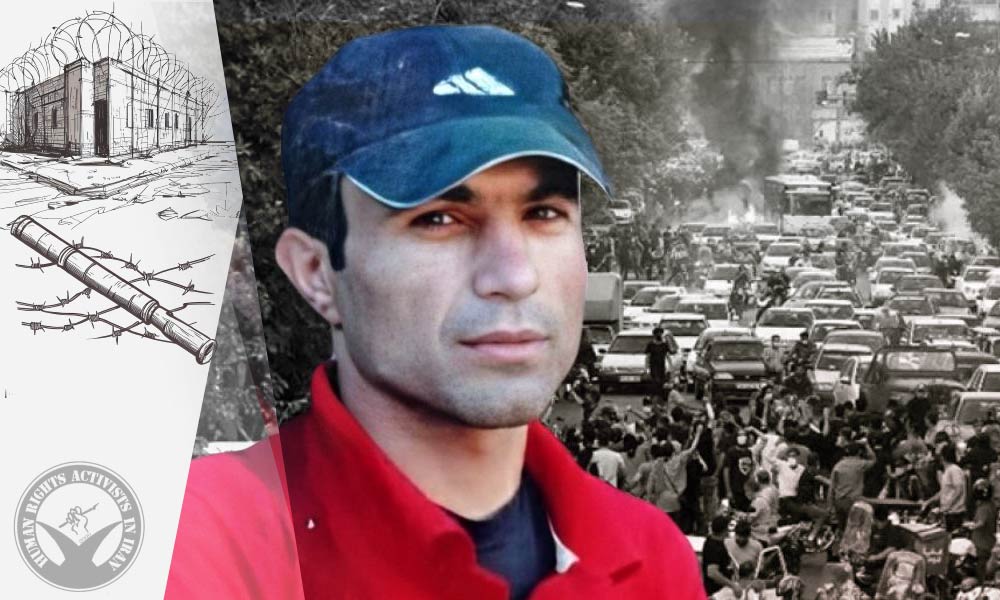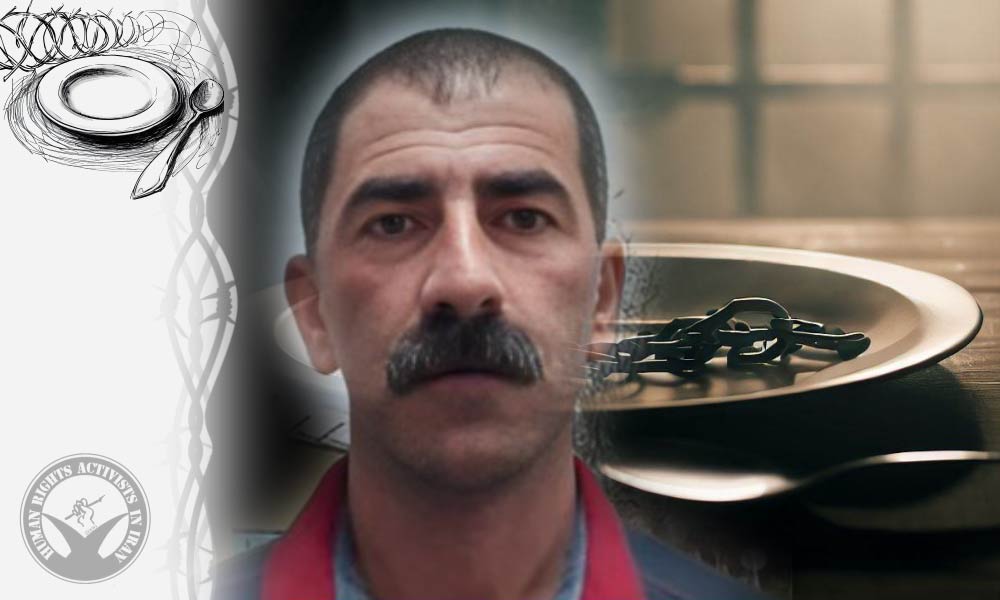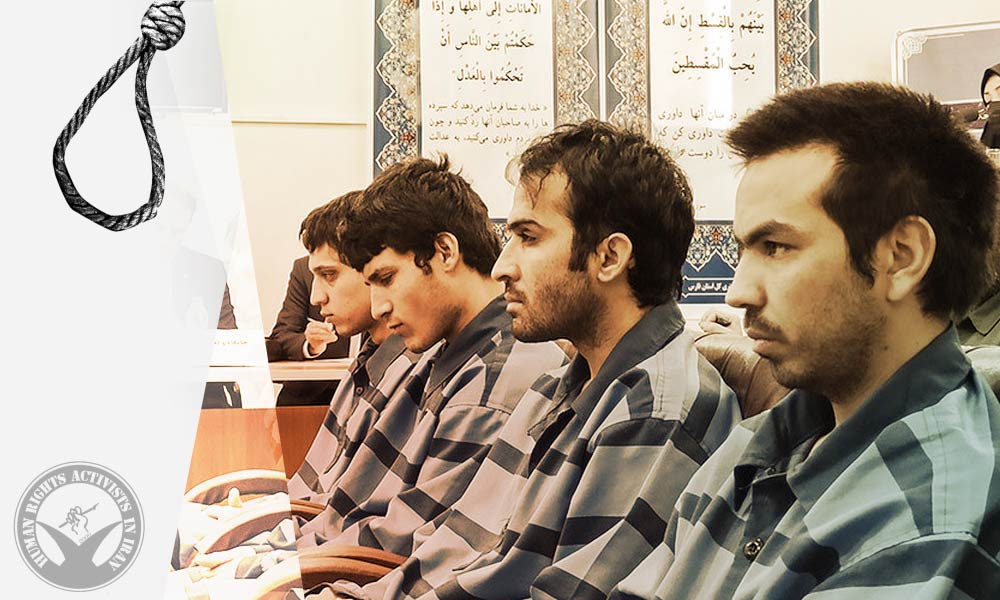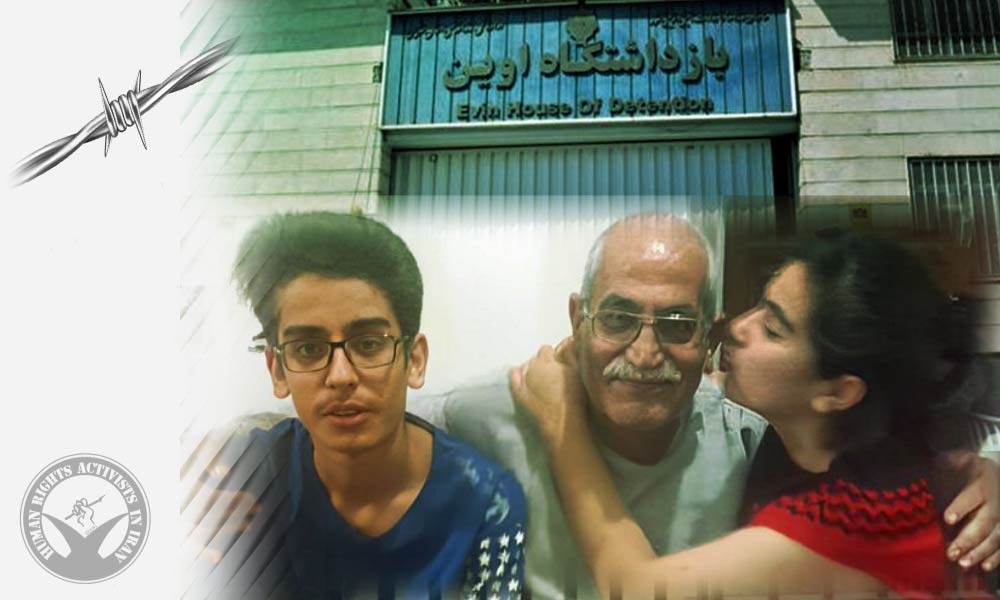Abbas (Mojahed) Korkori, currently imprisoned at Sheyban Prison in Ahvaz, has been subjected to a violent assault by prison guards, resulting in his hospitalization. He is currently facing a death sentence.
A source closely connected to Korkori’s family has disclosed to HRANA that Korkori was brutally beaten by prison guards. He has been hospitalized since October 31, and visible bruises and wounds mar his face and body.
The same source has revealed that Korkori is being denied access to make a phone call.
Korkori, a resident of Izeh, has been sentenced to death by the Ahvaz Revolutionary Court on charges of “enmity against God (Moharebeh)” and “spreading corruption on earth.” Korkori was also convicted of the destruction of private and public properties, forming and participating in anti-regime groups, and armed rebellion against the regime.
The Revolutionary Court claims that Korkori was found guilty based on evidence obtained by CCTV cameras and Criminal Justice expert reports, which testify that the bullets that led to the death of 10-year-old Kian Pirfalak during protests in Izeh, were shot from the gun discovered with the defendant. Additionally, weapons, bullets, and Molotov cocktails were discovered at the defendant’s hideout, and the Governor of Izeh reported damages caused by the defendant and his associates to public and government properties.
“This verdict is not final and can be appealed to the Supreme Court,” the report asserts.
However, Pirfalak’s parents have repeatedly denied these accusations and claimed that their son was killed in a shooting by regime forces. Zeinab Molaei-Rad, Kian’s mother, said during his funeral, “On the way back home, the regime agents opened fire on our car.”
“As Kian’s mother, I will refute any claims that any regular citizen can be the murderer of my son,” his mother said in reaction to the accusations against Abbas Korkori and several others.
During the protest in Izeh, on November 16, 2022, at least seven individuals, including Kiran Pirfalak, were killed in the shooting by regime forces.



